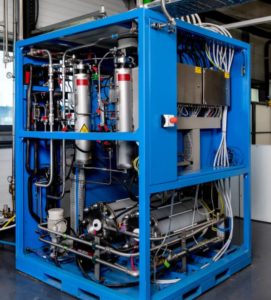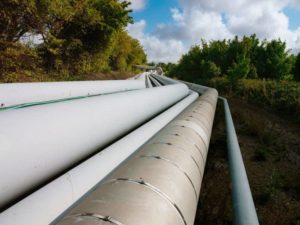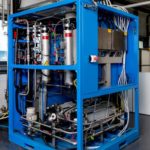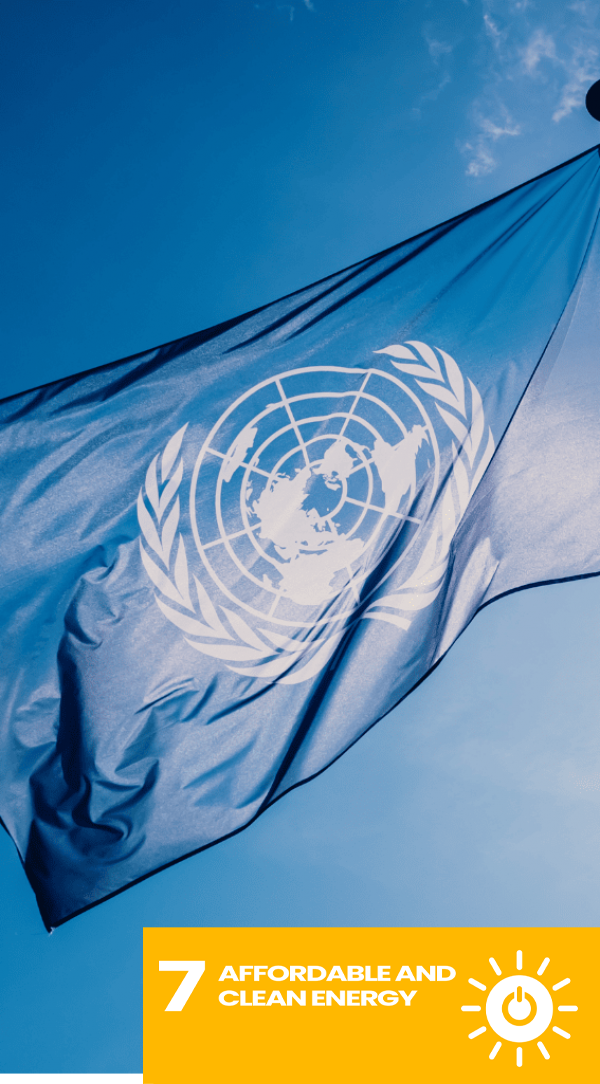DECARBONIZATION AND TRANSITION
ENERGY IN THE WORLD
THE URGENCY OF THE ENERGY TRANSITION, AND THE NEGATIVE IMPACT THAT THE DELAY IN DECARBONISING THE VARIOUS SECTORS OF ACTIVITY AROUND THE WORLD MAY HAVE, ARE TWO THINGS THAT ARE WIDELY KNOWN.
The end of ecosystems, the extinction of animal species, the appearance of new diseases and an increase in natural disasters are a given when we begin to discuss the consequences of the increase in global temperatures.
In order to halt global warming and speed up the decarbonisation process for the various nations, the United Nations has included among its goals the objective of ensuring access to modern, sustainable, accessible and reliable energy sources for all. This clearly identifies critical points for action, both in terms of energy access and in terms of improving or changing existing systems. À necessidade de travar o aquecimento global, a ONU acrescenta, com base no relatório global de desenvolvimento sustentável, que:
– Approximately one third of the world population uses inefficient and dangerous cooking equipment (approximately 2.6 billion people)
– 759 million people have no access to electricity (3 out of 4 live in Sub-Saharan African countries)
– The energy efficiency ratio needs to be improved
– Action needs to be speeded up on the implementation of renewable energies, especially in the transport and heating sector
THE UN INTENDS, IN
GOAL 7, TO ACHIEVE BY 2030

Ensure universal, reliable, modern and affordable access to energy services.

Increase substantially the share of renewable energy in the global energy mix.

Double the overall rate of energy efficiency improvement.

Strengthen international cooperation to facilitate access to clean energy research and technologies, including renewable energy, energy efficiency, and advanced cleaner fossil fuel technologies, and promote investment in energy infrastructure and clean energy technologies.

Expand infrastructure and modernize technology for the provision of modern, sustainable energy services to everyone in developing countries, particularly the least developed countries, small island developing states, and landlocked developing countries.
Aumentar substancialmente a participação de energias renováveis na matriz energética global

Reforçar a cooperação internacional para facilitar o acesso à investigação e tecnologias de energia limpa, incluindo energias renováveis, eficiência energética e tecnologias de combustíveis fósseis avançadas e mais limpas, e promover o investimento em infraestruturas de energia e em tecnologias de energia limpa.


Assegurar o acesso universal, de confiança, moderno e a preços acessíveis a serviços de energia

Duplicar a taxa global de melhoria da eficiência energética.

Expandir a infraestrutura e modernizar a tecnologia para o fornecimento de serviços de energia modernos e sustentáveis para todos nos países em desenvolvimento, particularmente nos países menos desenvolvidos, nos pequenos Estados insulares em desenvolvimento e nos países em desenvolvimento sem litoral, de acordo com seus respetivos programas de apoio.

The Natural Energy of Hydrogen AND UN GOAL 7
Halting global warming by 2030 is a goal embraced by the Member States of the United Nations. In order to achieve this target, several countries have developed specific programmes.
In Portugal, in order to contribute to the decarbonisation of the energy sector, the Recovery and Resilience Plan (PRR) has been developed, which will invest EUR 185 million in the production of hydrogen and renewable gases. This plan will help support the National Energy and Climate Plan (PNEC2030), which aims to adjust the gas network to receive hydrogen by 2030, aligning the national strategy with that of the UN.
Thus, The Natural Energy of Hydrogen is a national project to take responsibility for the decarbonisation of the gas sector, by acquiring knowledge and using state-of-the-art technology to fulfil the most ambitious national and international goals, and as a step on the path of energy transition.
By introducing green hydrogen into Seixal’s gas network, creating a more efficient and greener energy mix, the project aims to expand to other national municipalities, accelerating the decarbonisation process throughout the country.
